TEN YEARS A VIEWER…
This was my tenth year watching the charity marathon Summer Games Done Quick. The novelty of watching speedrunners is like watching magic for the first time. “You can beat Super Mario Bros. how fast??”
And behold the wizardry of a speedrunner with a NES controller, the run button pressed the entire duration of the game as Mario avoids death pits and chomping piranha plants sprouting from pipes with precision jumps. In the span of a healthy bathroom break, what seemed an impossible game to beat in childhood concludes with King Bowser falling into a lava pit as “Time!” is called.
It’s a staple to watch each year, and I do so out of a childhood love of all things video games and donating to great charities…but I admit that I feel more and more disconnected from the event after each year. What began as a cleared schedule to watch an entire week’s worth of gamers destroy every video game imaginable, I’ve become a bit of an art speedrun snob. I now watch the event an or so at a time, mostly to check out new games that have just released (like the recent Elden Ring DLC) or new speedruns that have yet to debut at the event (like the optimized Super Mario RPG Remake speedrun).
As for the games I found less than enticing to tune in for, I was surprisingly condescending before turning my attention elsewhere:
“Another Super Metroid race? Psht, didn’t they have that last year?”
“OOT again? Well, who’s the featured runner? Ugh, don’t care…”
“Another speedrunner with a couch of commentators spewing pessimism and sarcasm in place of actual humor or interesting commentary? Kill me.”
Meanwhile, I’m consciously aware of the incredible skill required to play these games at such high levels. Learning a speedrun, especially the kinds that are heavy with technical tricks and frame perfect button inputs, takes hundred and thousands of hours to master. The act of beating these games in front of tens of thousands of viewers is objectively impressive.
So, why was the magic of speedrunning suddenly not enough? Why place the added criticism for a run to be new, technically impressive, AND entertaining to be worth my time?
That’s when I considered every other area of my life that has been upsold to be even “better”.
***
IYKYK
Is it enough to buy a computer? Or, should it be the best computer with the latest chipset and processor and screen?
What about art? Is it enough to be satisfied with the act of making something, or should we constantly compare ourselves, and settle for nothing less than worldwide fame?
What about romantic relationships? Should we settle for the person we’re currently seeing, or is there someone else out there who is even better?
In each scenario, there’s a perceived upsell in value: Having a better version of something—really, anything—must mean it is more valuable/meaningful/beautiful/worthwhile.
Except, what is the criteria for better?
When buying a computer, are the best specs really necessary? I was at the Apple Store recently and asked a Genius worker what the difference in performance was between the M3 Pro and M3 Max chipset in MacBook Pros. If you’ve read that last sentence and are already lost, then you understand the futility of shopping for the best of the best. As the Apple Genius said, “If you’re asking about the difference between the Pro and the Max, you probably don’t need the Max. If you know, then you know.”
Does fame help with making art? Never mind the debate about what constitutes good versus bad art, does volume and accolades really help? I’d argue it doesn’t outside of exposure. Fame is recognition from the outer world, whereas art is an investigation of the inner world. The only crossover is how the outer world impacts the inner world, which is the only impact fame makes when making more art (Again: IFYKYK).
As for relationships, I don’t think there’s a crisis of dubious or manipulative partners out there. No one enters into a romantic relationship with ulterior motives to use and discard someone—they just want something that works for them. The pitfalls of modern dating, in short summation, are in imagining a narrative in which our wants and needs can be theoretically met better by other people.
In each scenario, we create a story in which we need the better person/inspiration/product. When I think of upselling, I think of skeevy salespeople trying to work a better deal from a customer. However, it’s worth remembering that the skeeviest salesman is, often, ourselves.
So, really: IYKYK.
***
SELF-CORRECTING CRITICISM
The comedian Neal Brennan has a fantastic joke in his Netflix special Crazy Good. He says:
“In your 20s you’re going to realize you have emotional problems. And then in your 30s you’re going to be like, ‘I’m going to solve my emotional problems.’ And then in your 40s you’re going to be like, ‘It’s a shame I never did solve those emotional problems.’”
I forgot to mention much of my behaving like a critic towards SGDQ 2024 was only at the start of the charity marathon. By the end of the final night, Summer Games Done Quick felt like the Closing Ceremonies of the Olympic Games, comprised of every conceivable walk of life gathered together in celebration. And I was watching with full support.
What changed mind? A memory from watching SGDQ for the first time all those years ago.
I showed a friend a few highlights from the event. My friend is a gamer, too, and we grew up playing Mario and Donkey Kong and all the classics, so I thought his jaw would drop just as mine did after witnessing a speedrun. But after watching Super Mario. Bros. bested in under 10 minutes (a primitive version of the video above) my friend said, “What a waste to spend your life learning a useless skill. No one is going to care that you can beat Mario so fast.”
I was stunned. My friend loved video games; where was this criticism coming from? All these years later, I get it: His inner salesperson made an upsell: “There’s a better way of living life.”
What’s astounding about my friend’s response is the irony: Of course there was value in speedrunning video games; why else would I show him the video if there was none? Clearly, it has worth sharing.
And that’s the real magic trick with anything worth pursuing: True value comes from what is shared with others.
- The computer is meaningless until we form a relationship with it; that’s why it’s difficult to trade in or throw away a product we’ve used for years (like selling an old car).
- The artist isn’t successful because of the art—value emerges through the relationship with an audience.
- Romantic partners are difficult to replace for numerous reasons, but the meaning of the ones we are with exist because of the moments and memories we’ve made with them.
“What’s the point in learning a useless skill?”
Nothing—only the pleasure gleaned from practicing the skill and the connection it brings to others.
By the finale speedrun of SGDQ 2024, it was impossible to ignore how vast and powerful this community has become when coming together under a common cause. The event has become a sort of gameshow: donation incentives are all about adding content and hours to the event itself, resulting in FOMO—no one wants to miss out on the hot commodity runs gatekept behind high dollar amounts. And this is a good thing! It’s exciting to watch the status bars of added games hit 100% and the cathartic cheer of the live audience cheering, like high schoolers in a gymnasium, “Let’s go Twitch Chat! Let’s go Twitch Chat!”
And by the end of the event, one cannot help but want to be a part of it, too. Even from afar.
Maybe that’s why the marathon raises upwards of 2 million dollars per event. It’s a monetary measurement of togetherness.
***

- “The Hopeful Kind” by Spuddy
- “Every Other Night” by Peter Bjorn and John
- “Drastic Measures” by Bayonne
***
Wishing everyone as well as you can be. You’re not alone out there,
































